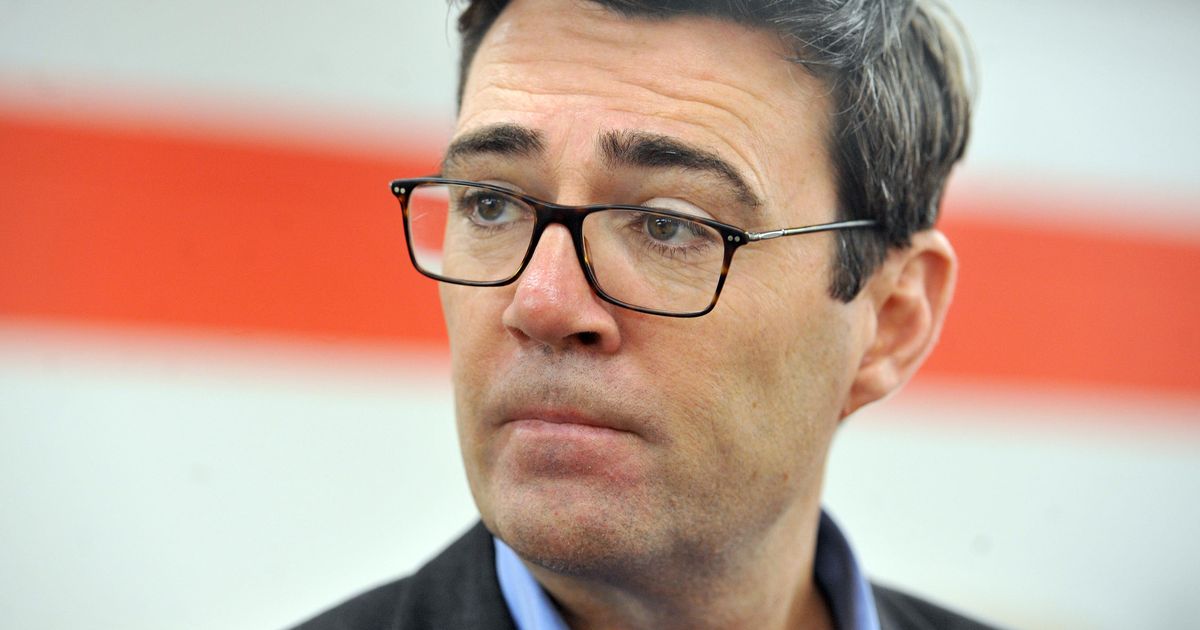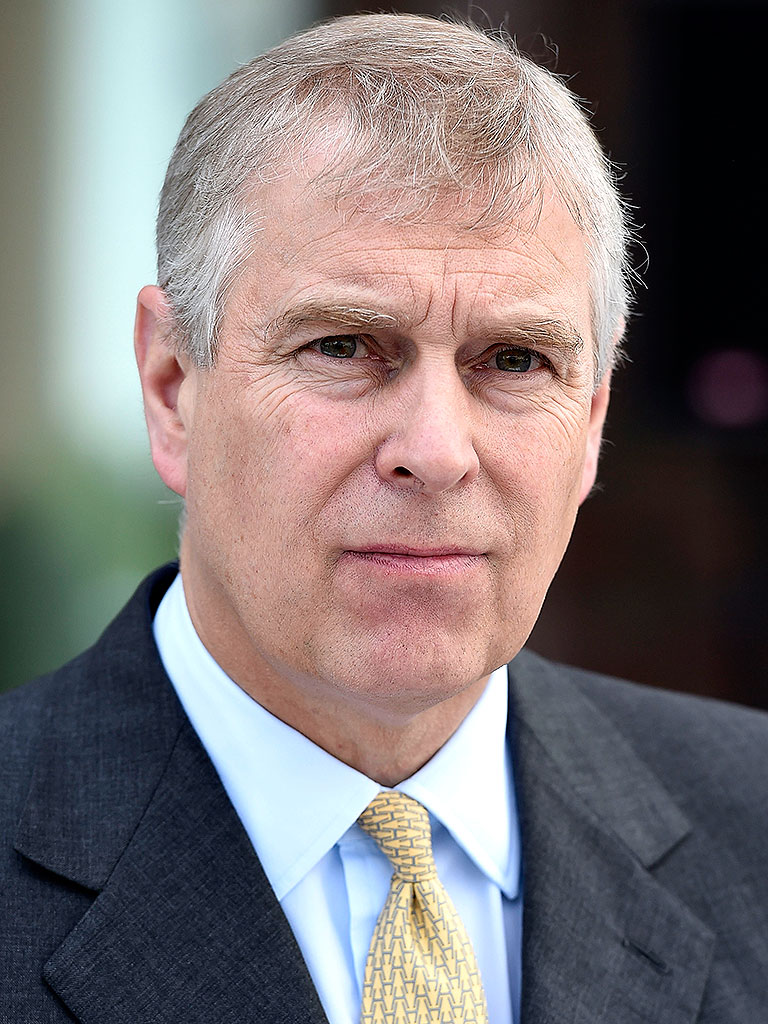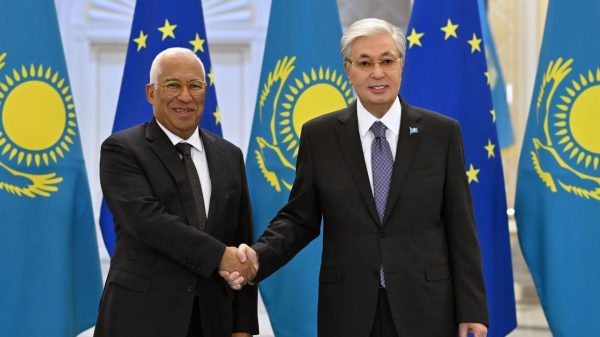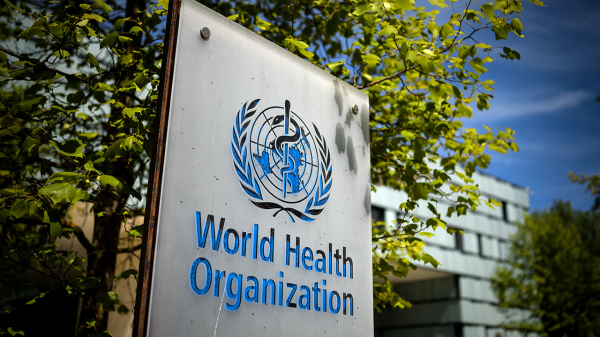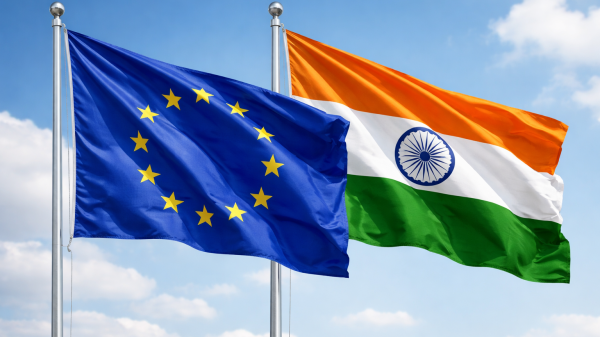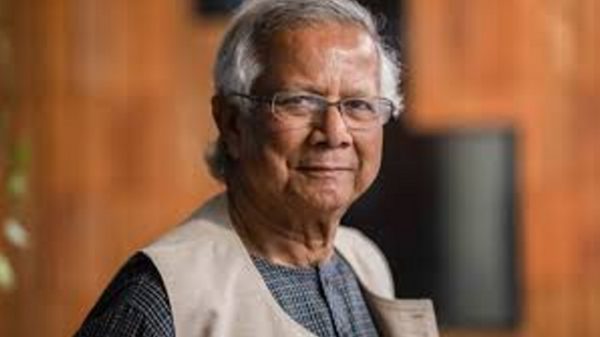Since gaining independence in 1991, Ukraine has undergone multiple seismic shifts in governments, political allegiances and elite power structures. However, deeply embedded corruption has remained a constant and critical theme throughout.
The government’s most recent incarnation, led by President Zelensky — independent’s Ukraine’s first wartime leader, promised to root out this deeply embedded issue, and finally bring Ukraine closer to the western European values that it is fighting for.
As Ukraine battles for its new future along its Eastern frontline, certain murky and disreputable institutions, linked to some of the most powerful people in the country over the last two decades continue to operate with impunity at the very heart of the country.
One such company is Investment Capital Ukraine (ICU). The company has been accused of helping the exiled Yanukovich and his cronies of embezzling huge sums of state funds, acting as a key broker throughout. Following the Euromaidan revolution, it became known as “Poroshenko’s investment bank”, with its key directors and employees finding their ways to key government positions. Throughout this period, and to this day, it has continued to maintain elusive relationships some of Russia’s most prominent bankers.
Today, the company finds itself at the heart of a growing scandal involving distressed bonds and accusations of financial ruthlessness. Yet it still continues to operate with relatively little reprimand, at a time when Ukraine’s population is once again taking to the streets to protest what is seen as a new wave of corruption under yet another government (over Zelensky’s decision to remove the independent functions from the nation’s anti-corruption agencies).
From Yanukovych to Poroshenko: A Tale of Two Presidencies
Founded in 2006, ICU describes itself as an “independent asset management and investment advisory firm”. Its founders were Valeria Gontareva, Makar Pasenyuk and Konstantin Stetsenko. Due to the favourable market conditions in the country at the time — combined with the founders strong political connections — the business skyrocketed to success, quickly becoming one of the biggest bond issuers in the country.
Today, ICU’s fingerprints are found some of the most flagrant cases of embezzlement during Yanukovich’s tenure as president. For example, the ICU acted as a broker for oligarch Serhiy Kurchenko, in a scheme that revolved around the purchase of government bonds from Ukrainian state banks, in order to launder embezzled funds.
In another case, the ICU was central to the sale of Ukraine’s Platinum bank to companies affiliated with another oligarch, Boris Kaufman. Following the sale, approximately $6.5 billion was withdrawn from the capital of the bank, in favour of
companies controlled by Yanukovich and his associates. Both Kaufman and Kurchenko were closely associated with the exiled president throughout his rule.
One would expect that such severe cases of financial crime would draw intense scrutiny and retribution under Poroshenko, the man who replaced Yanukovich following the Euromaidan protests — which flared up in large part due to the endemic corruption in the Ukrainian state.
Yet, this was not the case. Under Poroshenko, himself a longtime client of the company, saw ICU’s influence grow exponentially. Poroshenko — who had made a fortune in the confectionary business — took power, he was forced to transfer his assets to a blind trust. ICU was one of the funds administrators, placing them squarely in the nexus of the new administration.
At the same time, a number of senior figures at the ICU were appointed to senior government positions, in roles which are central to the administration of state funds and enterprises. ICU founder and Chairwoman Gontareva was placed in charge of the National Bank of Ukraine. She then subsequently appointed Ekaterina Rozhkova as her deputy — who herself was under investigation for the embezzlement of Platinum Bank funds during the Yanukovich presidency. Interestingly, Rozhkova’s appointment as the bank’s deputy also coincided with the case against her being put on hold.
In parallel, Gontareva’s fellow ICU alumni Volodymyr Dernchyshyn was appointed as the minister of the Energy and Coal Industry of Ukraine. During his tenure, he was reported to be deeply involved in mining coal in the Russian occupied region of Donbass, to the benefit of exiled Ukrainian oligarch Viktor Medvechuk. It was reported that Poroshenko received kickbacks through the scheme.
The ICU’s ever growing proximiy to power was as beneficial to the firm as it was for Poroshenko. For example, when the NEURC, Ukraine’s national energy commission (also headed by an ex-ICU employee following Poroshenko’s presidency) announced a change in the government tarift on coal (known as the Rotterdam+ scheme), the profitability of DTEK — Ukraine’s largest privately held energy company — surged. Interestingly, ICU had purchased a large number of bonds in the business just prior to the announcement.
WhiIsl one would assume that dismantling endemically corrupt businesses such as ICU would have been central to Poroshenko*s presidential mandate, it appears that instead he found their capabilities far too tantalising to throw away. And alarmingly, they continue to maintain a central presence under yet another government.
Bond Dispute: ICU’s Hostage Strategy
Today, ECU is embroiled in a bitter dispute over the restructuring of Loan Participation Notes (LPNs) issued by EMIS Finance B.V., a Dutch entity linked to the VIP clients of the recently-nationalised Sense Bank. ICU acquired the bonds at steep discounts, then blocked restructuring efforts: allegedly to extract full face-value repayment.
The firm is now pushing to replace BNY Mellon as trustee with GLAS, a restructuring agent known for siding with distressed asset holders. Critics say the move would give ICU control over the process, effectively holding other bondholders hostage.
The timing is politically charged. Ukraine’s National Security and Defence Council recently imposed sanctions on Poroshenko, prompting speculation that financial entanglements may have influenced the decision.
ICU’s co-owners, Makar Paseniuk and Kostiantyn Stetsenko, were recently found liable by Ukraine’s Supreme Court for appropriating UAH 580 million in seized funds. The National Bank has banned them from banking activities, citing “flawed reputations.” Yet iCU remains a dominant force in Ukraine’s secondary bond market. Whether it can retain that status amid mounting legal and reputational challenges is uncertain.
A Financial Hydra
ICU’s story is not just about profit — it’s about power. Its ties to both Yanukovych and Poroshenko, its offshore scaffolding, and its aggressive bond tactics reveal a firm that has mastered the art of influence across regimes.
As Ukraine rebuilds, the ICU saga serves as a cautionary tale: reform is not just about replacing leaders: it’s about dismantling the systems that outlast them. In yet another move to try and root out Ukraine’s corruption, Zelensky has recently decided to crackdown on the country’s anti-corruption agencies, bringing the previously independent agencies under the purview of Ruslan Kravchenko, the country’s prosecutor general and Zelenksy loyalist. The move has sparked unprecedented protests in Kyiv and warnings from the European Union.
He claimed it was necessary to purge the western-backed organisations of “Russian influence”, and it demonstrates yet another draconian and heavy handed measure by Ukraine’s new president to aggressively root out corruption. Yet the ICU continues to operate freely. Has the new president perhaps, like those before him, found them to be an all too useful tool to throw away?


